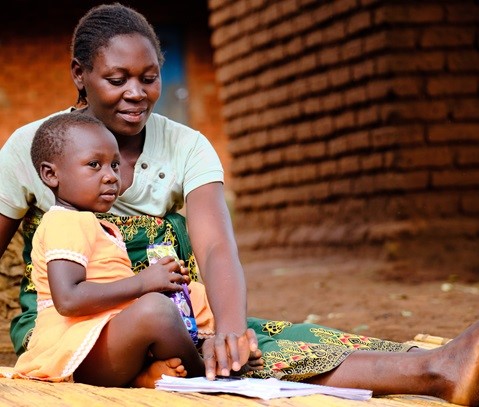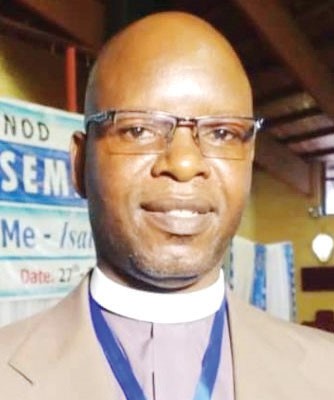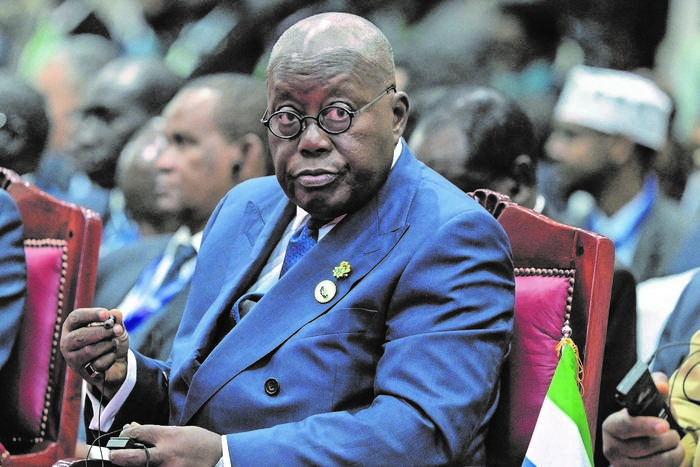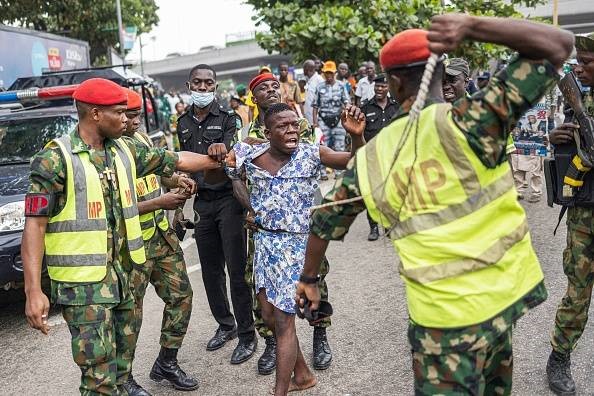In April 2019, Gilimbeta took her daughter Lusitana to a rural health facility on the outskirts of Lilongwe, Malawi, for vaccination. At the time, she did not realize that her infant daughter was being written into history: the 5-month-old was the first child to receive the world’s first malaria vaccine (RTS,S/AS01 or RTS,S) as part of the WHO-coordinated Malaria Vaccine Implementation Programme.
The launch of the malaria vaccine pilot implementation in Malawi, followed by introductions in Ghana and Kenya soon afterward, was a breakthrough – this was the first time that a malaria vaccine would be provided to protect children from one of the greatest risks to their health through the national immunization programme. Today, Lusitana, age 4 years, is an energetic and engaging child. She loves to play with her home-made dolls. She recently started nursery school and is excited to sing the “calendar” song she learned about the months of the year.

“Since she got her vaccine, she’s never had malaria, and she’s a happy and healthy child,” Gilimbeta said. Gilimbeta is now expecting her 3rd child, who she anticipates will follow her sister in receiving the full 4-dose malaria vaccine regimen.
In a country where malaria remains a leading cause of child illness and death, Lusitana’s future could have been very different.
“In Malawi, malaria is quite prevalent, said Dr Mike Chisema, Immunization Manager and Deputy Director, Preventive Health Services, Malawi Ministry of Health. Most children will experience multiple episodes of malaria per year, any of which could develop into life-threatening severe malaria.
Community acceptance and impact
On a recent morning, Grace walked in Gilimbeta’s footsteps. She left her home early to start the 40-minute walk to the health facility, traveling down a single-lane dirt road surrounded by maize fields. With her youngest daughter, Beauty, swaddled on her back, Grace greeted neighbors and friends along the way, avoiding the puddles left behind by the previous night’s heavy downpour.
Despite the risk of showers, she was determined not to miss Beauty’s monthly health check to have her weighed, examined and vaccinated. On this day, Grace had brought Beauty to receive her 3rd dose of the malaria vaccine.
“I’ve been affected by malaria, and so have my older children,” explains Grace. “Every time a child or parent is sick, the whole house is affected – I can’t go to work, my husband can’t go to work. I can see a big difference [since Beauty was vaccinated]; the other children get [malaria] but [Beauty] doesn’t.”
On her way to the clinic, Grace stopped to chat with Wezzie Phiri, a community health worker. In addition to her work at the health center, Wezzie is responsible for visiting families like Grace’s at home to provide health information and ensure that children keep up with the routine immunization schedule.
In the years since the malaria vaccine was first introduced in the area, Wezzie has noticed a difference in the community.
“It has been very helpful for the community and the facility,” Wezzie said. “Since most of the parents are able to take their children to receive the malaria vaccine, the number of children who get sick with malaria and come here to the health center has really reduced.”
For Wezzie, the story of the malaria vaccine is also personal.
“I have 2 girls,” she said. “The 1st one, she never received the vaccine. But with my little one, she finished the 4 doses and I can see the difference. With the older one, it used to be a struggle, because every 2 months she used to get sick with malaria. But with the little one, she has finished all the vaccines and it has been good.”
Becoming routine
In late November 2022, the Government of Malawi announced plans to expand the use of the malaria vaccine across the 11 districts that have taken part in the pilot introduction.
The decision followed the October 2021 WHO recommendation for use of the malaria vaccine to prevent malaria in children, as well as Malawi’s own positive experience.
In his keynote remarks announcing the expansion, the Honorable Secretary for Health for Malawi, Dr Charles Mwansambo, said malaria vaccination “has an important role in the history of the fight against malaria, not only in Malawi but globally.”
About 4 years on, more than 400 000 children in Malawi have received at least one dose of the malaria vaccine. When used alongside other malaria prevention tools, including insecticide treated bednets, the vaccine has been shown to substantially reduce deadly severe malaria, and to reduce all-cause child mortality.
“Malaria kills, but there is now a vaccine that we know works and can be implemented. If all the doses are taken, we know it prevents the severe forms of malaria,” explained Dr Don Mathanga, who leads the evaluation of the public health use of the malaria vaccine in Malawi, at the University of Malawi’s College of Medicine.
The Kawale health center in the Lilongwe district is in an area where the malaria vaccine recently became available as part of childhood vaccination. Access to the malaria vaccine has quickly come to be a normal part of the vaccination programme.
“Mothers value the malaria vaccine and are coming forward with their babies to receive it,” said Dr Mike Chisema.
Unprecedented demand in Africa
More than 1.4 million children have been reached with the malaria vaccine across the 3 pilot countries since 2019. The malaria vaccine has been shown to be safe and effective and has substantial public health impact. If implemented broadly, the vaccine could save tens of thousands of lives each year.
Demand for the malaria vaccine is unprecedented: at least 28 countries in Africa plan to apply for Gavi support to introduce the vaccine. WHO and partners are working to increase vaccine supply as rapidly as possible to protect more vulnerable children and save more lives.













